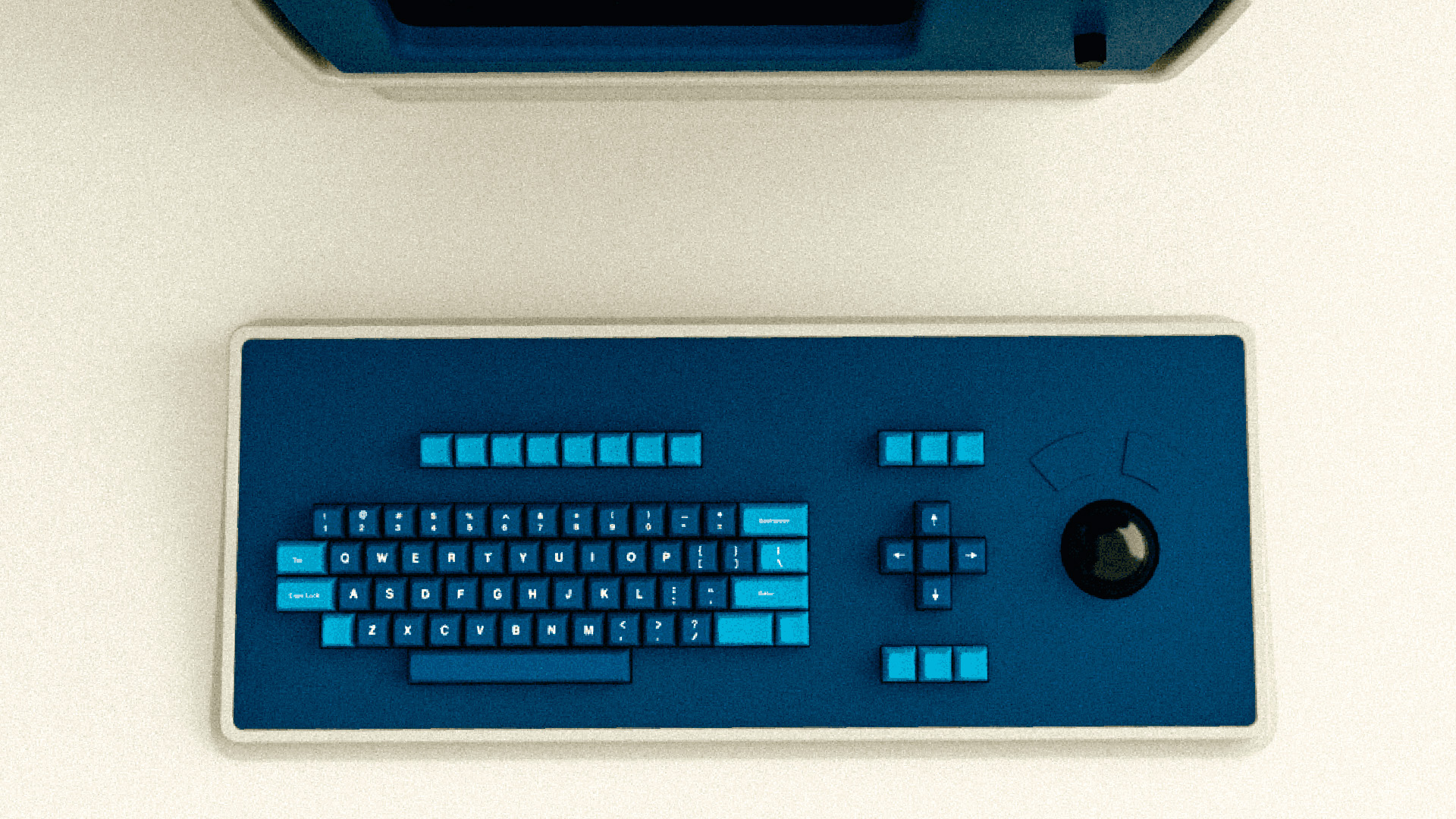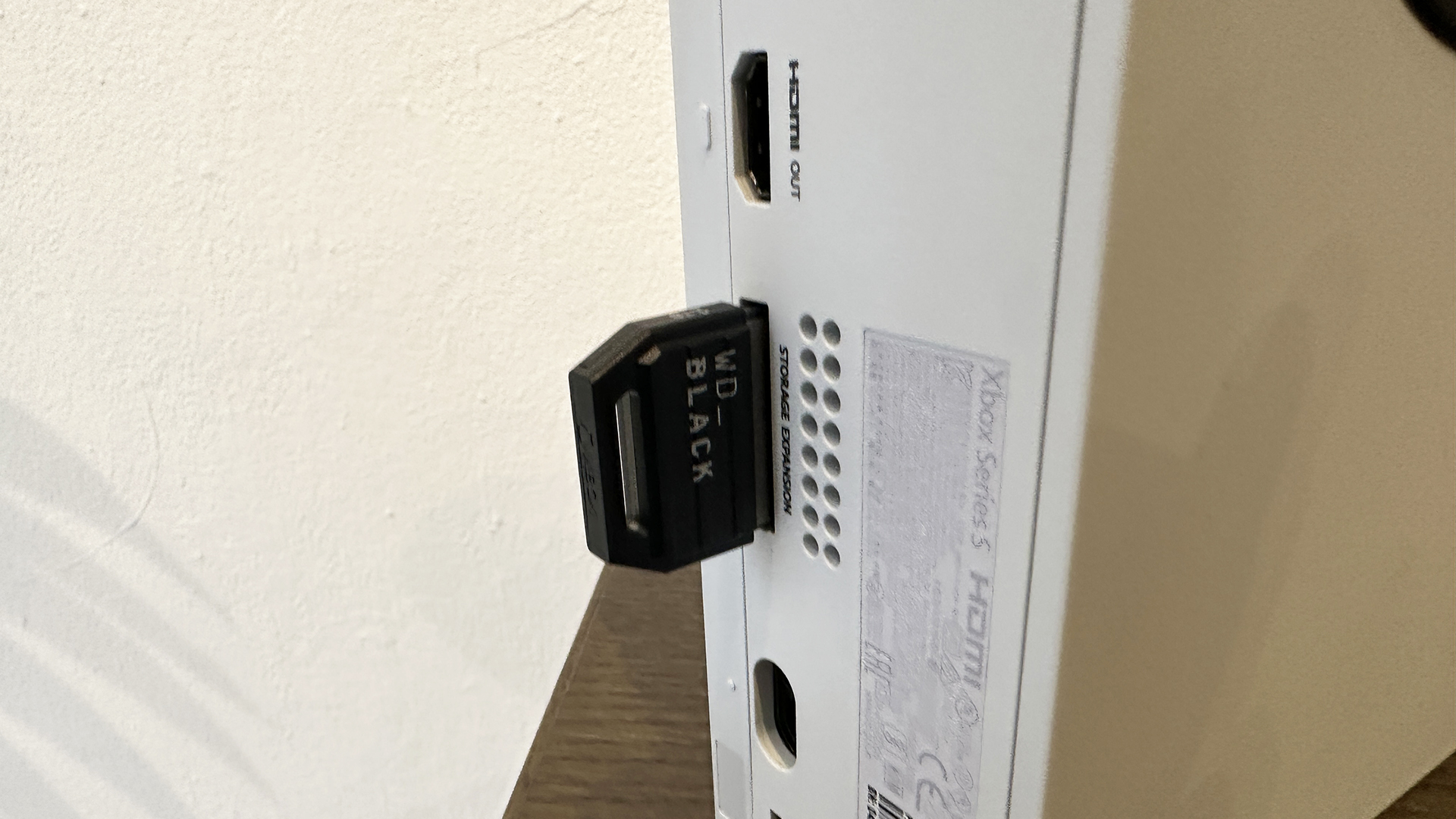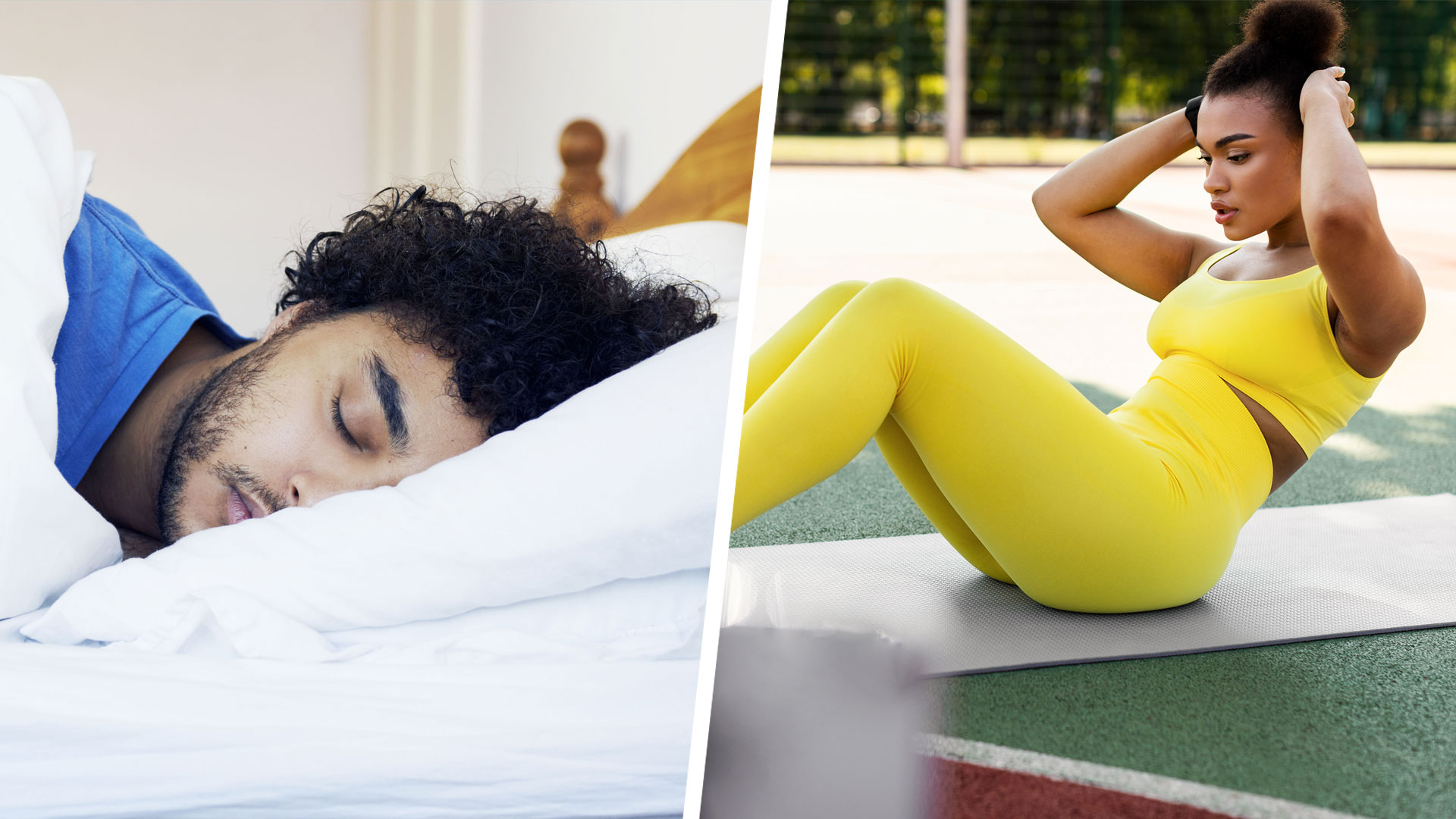

The results of a new study suggest that resistance exercise is better for improving your sleep compared to aerobic exercise. The study comes from the American Heart Association, and was prompted by the link between high-quality sleep and cardiovascular health, for which aerobic exercise is typically recommended.
The study lasted a full year and involved 386 adults, all with a BMI that falls into the obese or overweight range and who were inactive and suffered from high blood pressure. They were split into four groups: one group would participate in aerobic exercise for the year, another would do just resistance exercises, and another would do a combination of the two styles. A final control group did no exercise for the year. Those groups exercising participated in supervised 60-minute sessions, three times a week (scroll down for more info on the workouts).
At the start of the study, 42% of the participants were getting less than 7 hours of sleep a night. After a year, of that 42%, sleep duration increased by an average of 40 minutes in the resistance exercise group. There were increases in the other groups, too, but not as significant: the aerobic group reported an increase of about 23 minutes extra sleep, the combined group about 17 minutes and the control group about 15 minutes.
The study also looked at sleep efficiency – that is, how much time someone is actually asleep divided by the total amount of time they're in bed for. Here, the resistance exercise group again saw improvements, alongside the combined group, while the aerobic group and control group recorded no change. Sleep latency (how long it takes a person to drop off) decreased in the resistance group by three minutes, but there was no significant change in any other group.
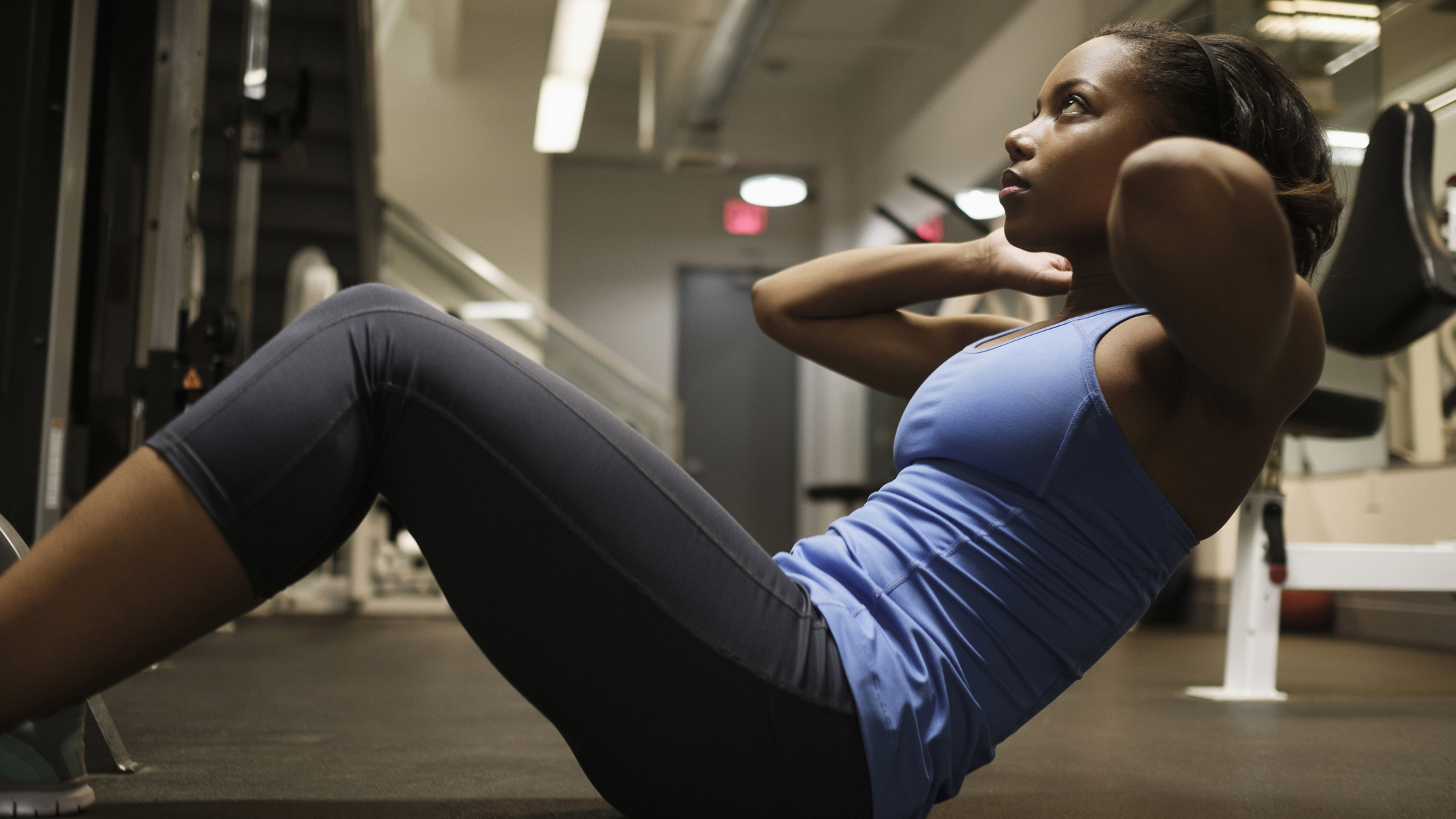
The trend didn't quite continue across the board. For example, sleep quality and sleep disturbances (how often sleep is disturbed, by things like being too hot or too cold, snoring or coughing, having to go to the toilet, or bodily aches and pains) improved a bit in all groups, including the no-exercise control groups. The study is also slightly limited by the fact that sleep quality was self-reported, rather than being objectively measured using a sleep tracker. However, those results are still significant, especially as this is one of the largest and longest exercise trials in a general adult population to explore this topic.
"While both aerobic and resistance exercise are important for overall health, our results suggest that resistance exercises may be superior when it comes to getting better ZZZs at night," study author Angelique Brellenthin, assistant professor of kinesiology at Iowa State University, told ScienceDaily. "Resistance exercise significantly improved sleep duration and sleep efficiency, which are critical indicators of sleep quality that reflects how well a person falls asleep and stays asleep throughout the night."
Her recommendation, if you've found your sleep quality has deteriorated, is to explore some resistance exercises: "Consider incorporating two or more resistance exercise training sessions into your regular exercise routine to improve your general muscle and bone health, as well as your sleep."
Sign up to the T3 newsletter for smarter living straight to your inbox
Get all the latest news, reviews, deals and buying guides on gorgeous tech, home and active products from the T3 experts
What kind of exercises could help you sleep?
So exactly what kinds of exercise yielded these results? The aerobic group could choose to work out on a treadmill, recumbent or upright exercise bike or elliptical trainer, and their heart rates were monitored to keep them in the range for moderate to vigorous-intensity exercise.
You're probably more interested in the resistance group though. Here's an example of the kind of workouts they took part in.
3 sets of 8 to 16 repetitions
- Leg press
- Chest press
- Lat pulldown
- Leg curl
- Leg extension
- Biceps curl
- Triceps pushdown
- Shoulder press
- Abdominal crunch
- Lower back extension
- Torso rotation
- Hip abduction
The study group maintained 50-80% of their one-rep maximum (essentially maximum effort – here's a quick 1RM explainer, if you need it) throughout the sessions. They used 12 different resistance machines for their workouts, but if you fancy seeing if this kind of exercise could help improve your sleep, too, most of these can be achieved at home, with a little bit of kit.
To get you started, try this easy full-body single dumbbell workout only or this 15-minute low-impact full-body workout. Both are excellent to tire out the entire body which is key to better sleep. We recommend doing these workouts in the morning or early afternoon as opposed to right before bed as exercising late might have an adverse effect on sleep quality (here's when you should stop exercising before bed).
Ruth is a lifestyle journalist specialising in sleep and wellbeing. She has tested more mattresses than her small flat can handle and will talk at length about them to anyone who shows even a passing interest, and has had to implement a one-in-one-out pillow policy for fear of getting smothered in the night. As well as following all the industry trends and advancements in the mattress and bedding world, she regularly speaks to certified experts to delve into the science behind a great night's sleep, and offer you advice to help you get there. She's currently Sleep Editor on Tom's Guide and TechRadar, and prior to that ran the Outdoors and Wellness channels on T3 (now covered by Matt Kollat and Beth Girdler-Maslen respectively).
-
 I spent 6 weeks with the FoodMarble Aire 2: here’s what I learned about my gut health
I spent 6 weeks with the FoodMarble Aire 2: here’s what I learned about my gut healthI’ve been testing the clever breath-testing gadget with the companion app over several weeks to find out if it delivers on its promises
By Lee Bell
-
 Oil pulling is going viral on TikTok for stopping morning breath – but does it actually work?
Oil pulling is going viral on TikTok for stopping morning breath – but does it actually work?4 hacks that prevent morning breath, according to a sleep expert
By Bethan Girdler-Maslen
-
 These limited edition McLaren x Loop earplugs are what you need for Formula 1 season
These limited edition McLaren x Loop earplugs are what you need for Formula 1 seasonMcLaren teams up with Loop on limited edition noise-reducing earplugs
By Bethan Girdler-Maslen
-
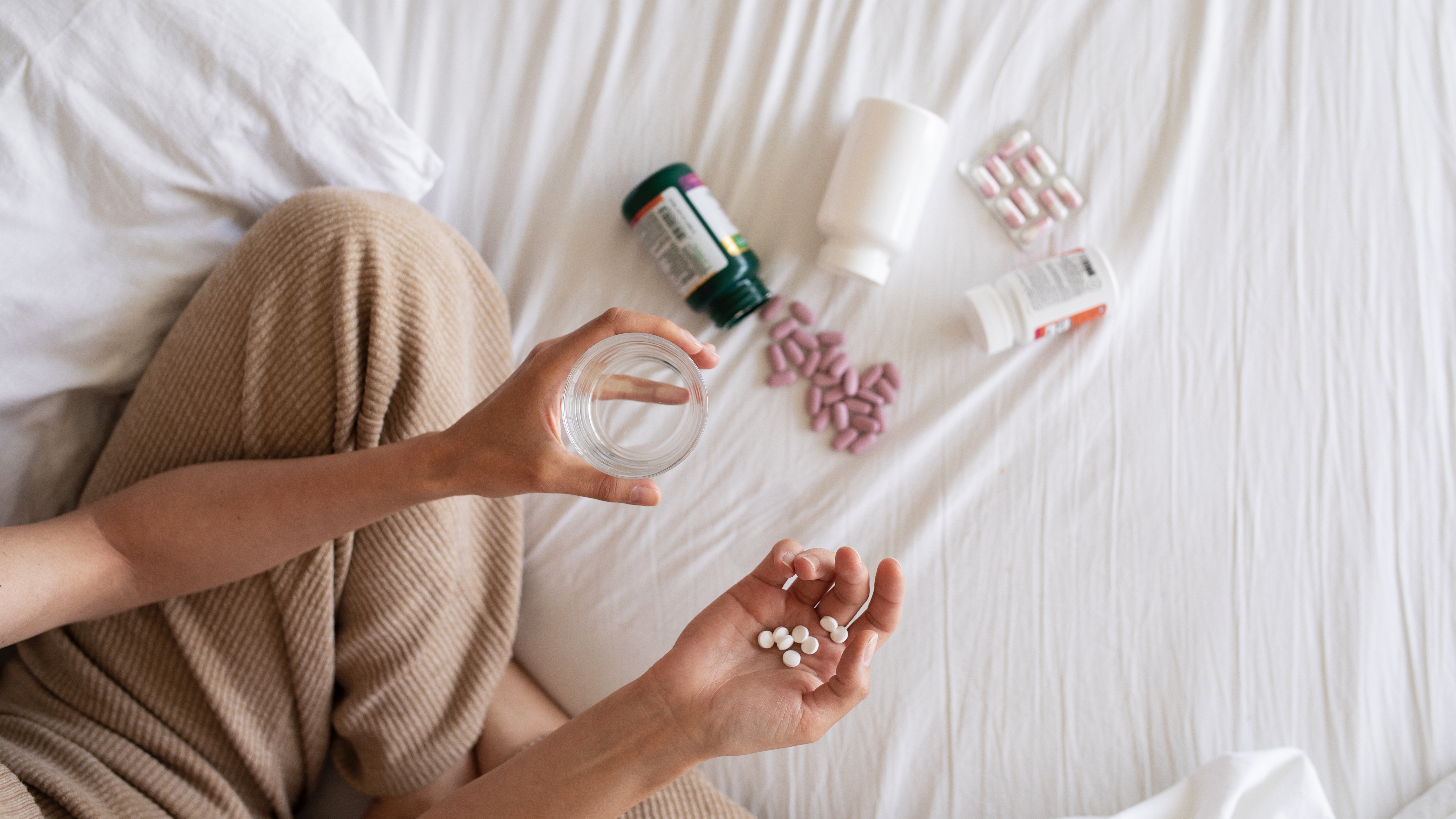 5 sleep supplements that help me achieve 8+ hours of rest every night
5 sleep supplements that help me achieve 8+ hours of rest every nightIt took me years to perfect my sleep routine – here are the supplements that helped
By Lizzie Wilmot
-
 3 reasons why you wake up at 3am every night – and how to avoid it
3 reasons why you wake up at 3am every night – and how to avoid itAlways waking up in the middle of the night? This could be why…
By Bethan Girdler-Maslen
-
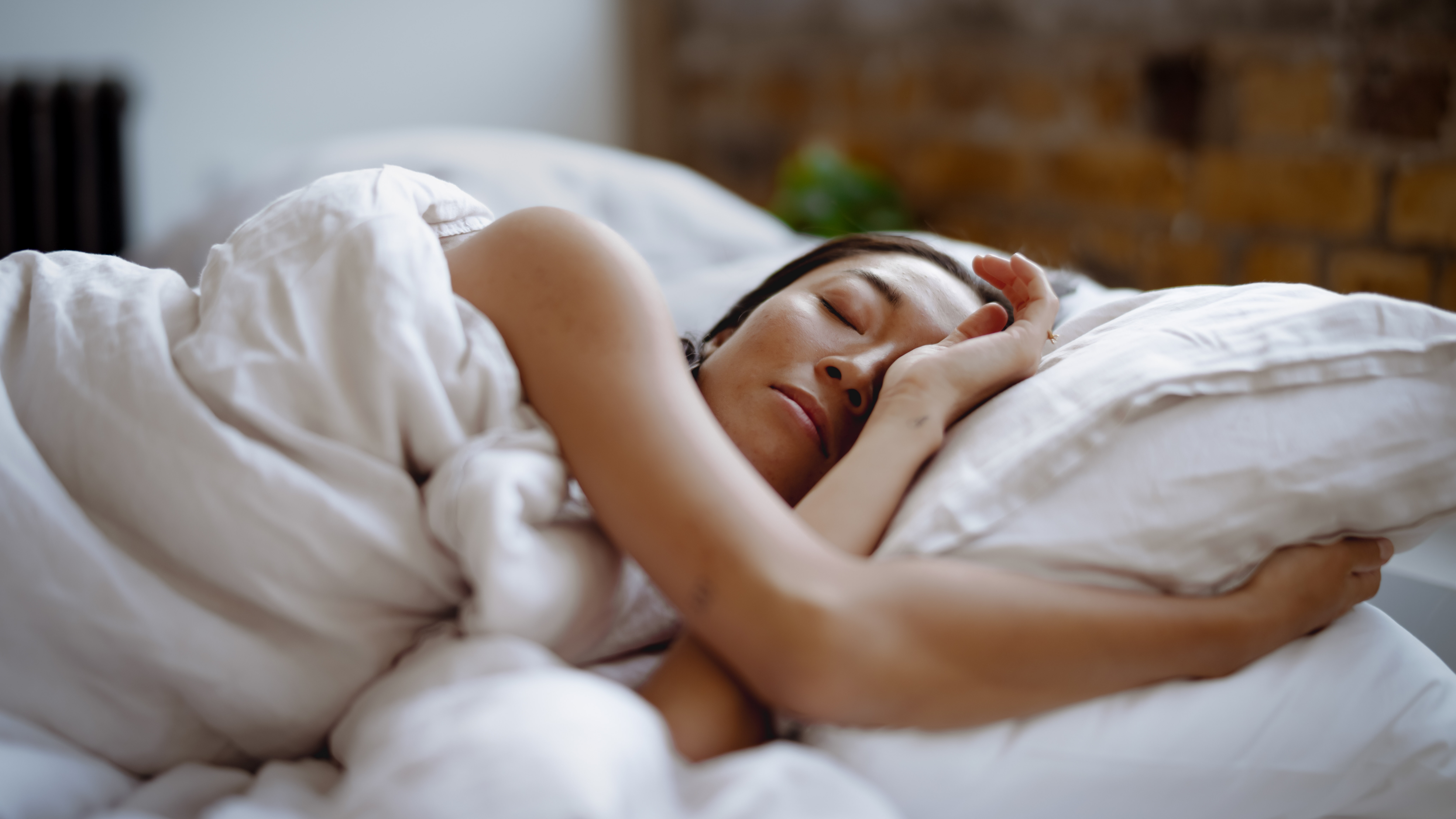 This tiny device will automatically disable your distracting apps before you sleep
This tiny device will automatically disable your distracting apps before you sleepSay hello to Kip...
By Lizzie Wilmot
-
 Therabody experts give 7 tips for perfecting your sleep routine for World Sleep Day
Therabody experts give 7 tips for perfecting your sleep routine for World Sleep DayFrom breathing exercises to sleep masks, here’s how to prioritise sleep, according to experts
By Bethan Girdler-Maslen
-
 Loop Dream review: super soft earplugs to help you snooze soundly, even if you’re a side sleeper
Loop Dream review: super soft earplugs to help you snooze soundly, even if you’re a side sleeperSquishy silicone and uniquely shaped ear tips take Loop’s nighttime earplugs to dreamy heights
By Joanna Ebsworth
